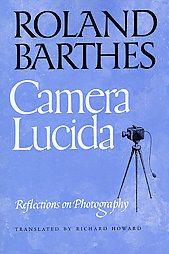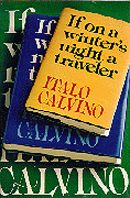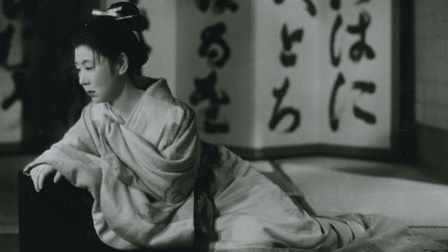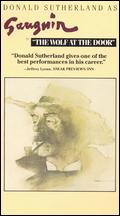This is one of the last book reviews that I wrote for The Soho News, a weekly alternative newspaper in New York that didn’t survive the 1980s but that afforded me during the early part of that decade my only extended and regular opportunity to date to review books as well as films. This particular piece, a double review, ran in their August 18, 1981 issue, under a different title (“Reading about looking”), and I was pleased to hear some time later from Susan Sontag that it was of my pieces that she clipped. –J.R.


Reading about Looking and Looking at Reading
by Jonathan Rosenbaum
Camera Lucida: Reflections on Photography
By Roland Barthes
Translated by Richard Howard
Hill and Wang, $10.95.
If on a winter’s night a traveler
By Italo Calvino
Translated by William Weaver
Harcourt Brace Jovanovich, $12.95
In most bookstores, the new Barthes and Calvino books stare at one another like mutually envious friends in their separate ghettos, eyeing one another across a great divide and empty space: the social space separating essay from fiction.
Barthes’ grief-stricken gaze at photography sees beyond it to his own desire, then sees beyond that desire to the hypothetical Proustian (or Jamesian) novel he will never write — a nervous gaze that leaps like a butterfly across a crowded garden, never lingering with any simple petal-like photo for long, frustrated and impatient at the uselessness of this activity in summoning back his beloved mother. Read more
This review appeared in the March 1975 issue of Monthly Film Bulletin. —J.R.

Saikaku Ichidai Onna (The Life of Oharu)
Japan, 1952 Director: Kenji Mizoguchi
According to scriptwriter Yoda Yoshikata, Mizoguchi’s ambitions for The Life of Oharu were largely stimulated by the prize accorded to Kurosawa, a relative newcomer, for Rashomon at Venice in 1951. The bet paid off, and Oharu was awarded the Silver Lion at Venice in 1952, thereby inaugurating Mizoguchi’s international reputation at the age of fifty-six, four years before his death. Differing substantially from Saikaku’s novel –- a looser collection of episodes narrated by an elderly nun recalling her decline from a promising youth, and ending with a scene of a prostitute entering a temple and hallucinating the faces of former lovers in the idols there -– Oharu’s script gravitates round the feudal persecutions of one woman. It appears that Mizoguchi was something of a Stroheim on the set -– requiring that the garden of Kyoto’s Koetsu temple be “rebuilt” instead of using the nearly identical original location, and firing his assistant, Uchikawa Seichiro, when the latter complained about making last-minute changes in the positions of the studio-built houses for the scene of Bunkichi’s arrest. Read more
From the Chicago Reader, September 4, 1987. — J.R.


FRIDA
** (Worth seeing)
Directed by Paul Leduc
Written by Leduc and Jose Joaquin Blanco
With Ofelia Medina, Juan Jose Gurrola, Salvador Sanchez, and Max Kerlow.
WOLF AT THE DOOR
** (Worth seeing)
Directed by Henning Carlsen
Written by Carlsen, Christopher Hampton, and Jean-Claude Carrière
With Donald Sutherland, Max von Sydow, Valerie Morea, Sofie Graboel, Fanny Bastien, and Merete Voldstedlund.
We live in an increasingly visual culture, but there are signs that we haven’t quite got the hang of it yet. We still confuse image with event and one medium’s capabilities and limitations with another’s, falling into the trap of assuming that everything is seeable, hence realizable on a TV or movie screen. We still let our (not all that) new toys decide for us what it is we’ll say and how it is we’ll say it. Don’t believe the Sunday supplements: we won’t truly have entered the age of visual literacy until we can turn on the television in the evening and see not one single image of a politician waving from the doorway of an airliner.
When that day comes, we’ll probably discover that the film biographies of painters have vanished as well. Read more





